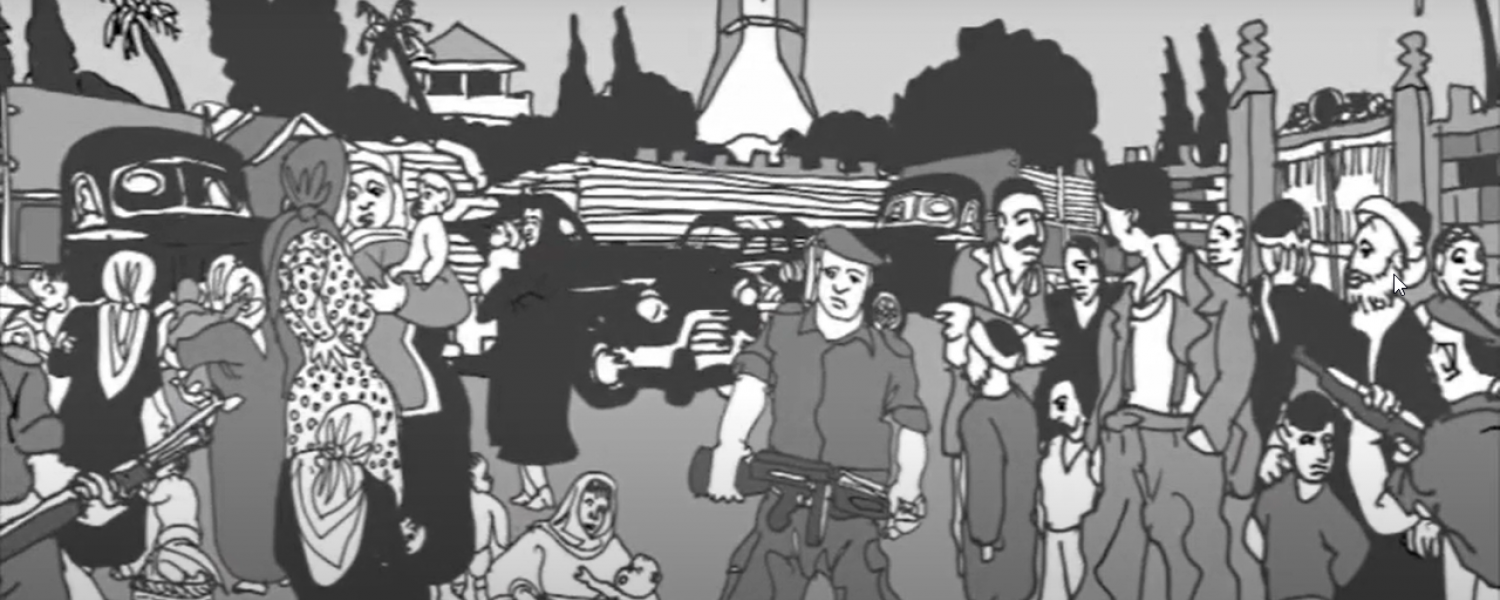In 2008, an Israeli PhD student researching the looting of empty Palestinian homes in Jerusalem in 1948 stumbled across documents that suggested something stunning: The looting was not only a kind of anarchic response in conditions of war; in the case of books, it was actually a national effort, systematically organized by national institutions. Digging further, he learned that not only had Palestinian personal libraries in various New City neighborhoods been systematically collected by the nascent National Library of Israel but institutional libraries as well. In his dissertation, the student, Gish Amit, went on to write:
“Occupation is not limited to sovereignty over space; it reaches its full potential in its sovereignty over culture, its erasure or acquisition. Military force never operates in isolation. This is the picture which interests me, which directs, at least at present, my steps, a picture which is not at all imaginary: soldiers march over it. The librarians of the National Library tread in their footsteps and gather books from homes whose occupants have fled, in all the neighborhoods of West Jerusalem: Katamon, Musrara, Talbiya, Baka’a and The German Colony. The soldiers occupy the houses, cleanse the space, clear out pockets of resistance and open roads, while the librarians—some of whom are themselves conscripted into the army, as others are released from service because of age or because they do hold down vital jobs—loot a culture and a spiritual heritage.”1
When all was said and done, the National Library at the Hebrew University would hold 30,000 books that belong to Palestinians who lived in areas of the New City that became West Jerusalem after 1948.
The Great Book Robbery dives into this story.
Benny Brunner is a Dutch Israeli filmmaker. According to his website, “Brunner makes critical political films that side with the dispossessed, the unrepresented and ‘the other’ . . . In his films Brunner challenges established historical narratives through truth-seeking; expresses dissident voice and vision; advocates and promotes democracy’s core values: human rights and liberties.”

